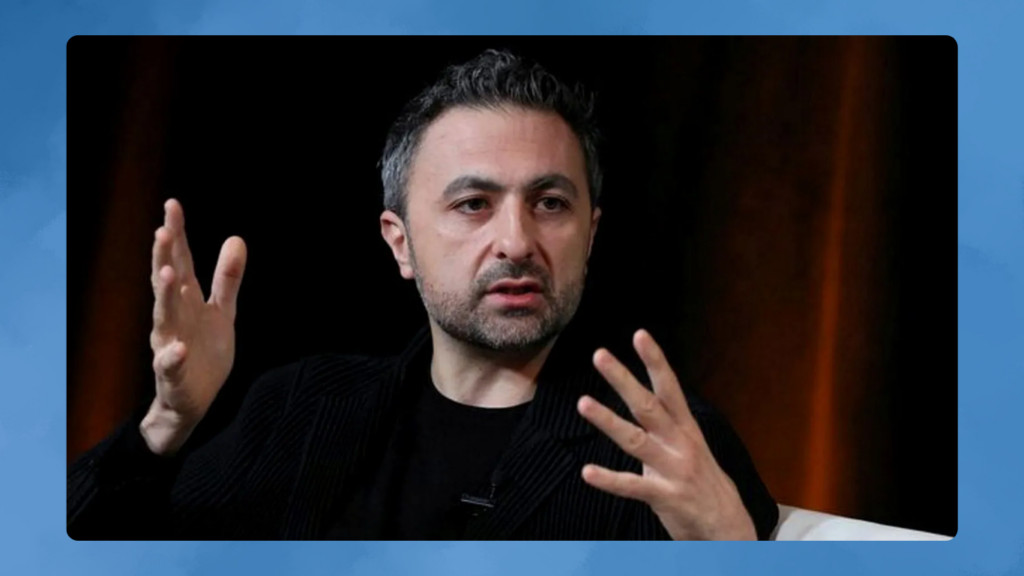In a recent announcement, Microsoft has ignited debate by asserting that all web content is open to being scraped for AI training unless explicitly prohibited by its creators. This declaration has raised significant concerns about intellectual property (IP) rights and the ethical implications of using online content for AI development.

Mustafa Suleyman, CEO of a leading AI firm, addressed questions regarding the origins of AI training data, revealing that a substantial portion comes from the web. This includes openly accessible content as well as material extracted from YouTube videos. Suleyman emphasized that the practice of using such data is rooted in the long-standing social contract of the internet, which has traditionally treated public web content as fair use.
When questioned about the ownership and value of IP, Suleyman explained, “If material is on the open web, the understanding since the 90s has been that it is fair use. Anyone can copy, recreate, or reproduce it. It’s been considered freeware.” However, he acknowledged the complexities surrounding content from websites that explicitly prohibit scraping or crawling for purposes beyond indexing.
Suleyman admitted, “There’s a separate category where a website, publisher, or news organization has explicitly said, ‘Do not scrape or crawl me for any other reason than indexing me so that other people can find that content.’ That’s a grey area, and I think that’s going to work its way through the courts.” He acknowledged that legal battles over such practices are inevitable and justified.

The debate over web content scraping is part of a broader discussion about the future of information economics. Suleyman predicted a radical shift, stating, “The economics of information are about to change dramatically. We’re approaching a future where the cost of producing knowledge will drop to nearly zero. In 15 to 20 years, new scientific and cultural knowledge will be created at almost no marginal cost, widely open-sourced, and available to everyone.”
He added, “This transformation will be a pivotal moment in human history. As a species, we are essentially an intellectual production engine, generating knowledge that improves our lives. The goal is to develop new engines that can accelerate discovery and invention.”
The controversy highlights the need for a nuanced understanding of IP rights in the digital age. As AI technology continues to evolve, finding a balance between innovation and respect for intellectual property will be crucial. The outcomes of ongoing and future legal challenges will likely shape the landscape of AI development and web content usage for years to come.

Subtly charming pop culture geek. Amateur analyst. Freelance tv buff. Coffee lover